Podcast: Play in new window | Download (Duration: 29:36 — 20.4MB) | Embed
Subscribe: Apple Podcasts | Spotify | Amazon Music | Android | Pandora | iHeartRadio | JioSaavn | Podchaser | Gaana | Podcast Index | Email | TuneIn | Deezer | Anghami | RSS | More
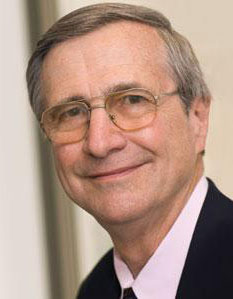
Dr. Peter Kreeft – I Burned for Your Peace on Inside the Pages with Kris McGregor
Dr. Peter Kreeft joins Kris McGregor to discuss his book I Burned for Your Peace: Augustine’s Confessions Unpacked. He describes St. Augustine as both passionate and brilliant, a rare union of heart and intellect. This blend makes the Confessions timeless—deeply personal yet profoundly theological. The book is written as a prayer, which gives it burning honesty, since St. Augustine is speaking directly to God. The famous line, “Our hearts are restless until they rest in you,” is its central theme, showing how St. Augustine’s restless search for truth, meaning, and joy ultimately led him to God through divine grace. His journey of confronting sin, wrestling with doubts, and being guided by his mother St. Monica demonstrates both his humanity and his uniqueness, while also reflecting the universal struggles of every person.
As a guide through St. Augustine’s work, Dr. Kreeft compares the Confessions to a Christmas tree that he helps decorate without obscuring its beauty. St. Augustine’s humility, honesty, and recognition of suffering is essential for spiritual growth. Augustine shows that life is a story with a beginning, middle, and end directed toward God, and his conversion reveals that no one can reach this destiny without grace. His mystical experiences, struggles with evil, and deep relationship with God illustrate both the darkness of sin and the light of divine love. For Dr. Kreeft, reading St. Augustine is not just encountering a saint of the past but a companion for today, someone who reveals what it means to be fully human and fully oriented toward God.
You can find the book here.
Discerning Hearts Reflection Questions
- How does Augustine’s description of a restless heart invite you to examine what you are truly seeking in life?
- In what ways can you speak to God in prayer with the same honesty Augustine shows in the Confessions?
- What role does suffering play in your spiritual journey, and how might you unite it with Christ’s own suffering?
- How do you recognize God’s grace working in your life, even when your will resists conversion?
- What can Augustine’s relationship with his mother, Monica, teach you about the power of intercession and perseverance in prayer?
- How do you respond when you see sin in yourself compared to when you see it in others?
- What aspects of Augustine’s story mirror your own search for truth, meaning, and love?
- How can humility, understood as standing in God’s light, shape the way you view yourself and others?
- In what ways does the narrative of your own life reflect God’s ongoing work of redemption?
- How do Augustine’s mystical experiences challenge or inspire your own understanding of encountering God?
About the Book
Popular author and philosopher Peter Kreeft delves into one of the most beloved Christian classics of all time–Augustine’s Confessions. He collects key passages and offers incisive commentary, making Confessions accessible to any reader who is both intellectually curious and spiritually hungry.
The Confessions is a dramatic personal narrative of a soul choosing between eternal life and death, an exploration of the timeless questions great minds have been asking for millennia, and a prayer of praise and thanksgiving to God. I Burned for Your Peace is not a scholarly work but an unpacking of the riches found in Augustine’s text. It is existential, personal, and devotional, as well as warm, witty, and thought-provoking. With Kreeft to guide them, readers of the Confessions can overhear and understand the intimate conversation between a towering intellect and the God whose peace he at last humbly accepts.
About the Author
Peter Kreeft, Ph.D., Professor of Philosophy at Boston College, is one of the most respected and prolific Christian authors of our time. His books cover a vast array of topics in spirituality, theology, and philosophy. They include Doors in the Walls of the World, The Greatest Philosopher Who Ever Lived, How to Be Holy, Because God Is Real, You Can Understand the Bible, and Summa of the Summa.

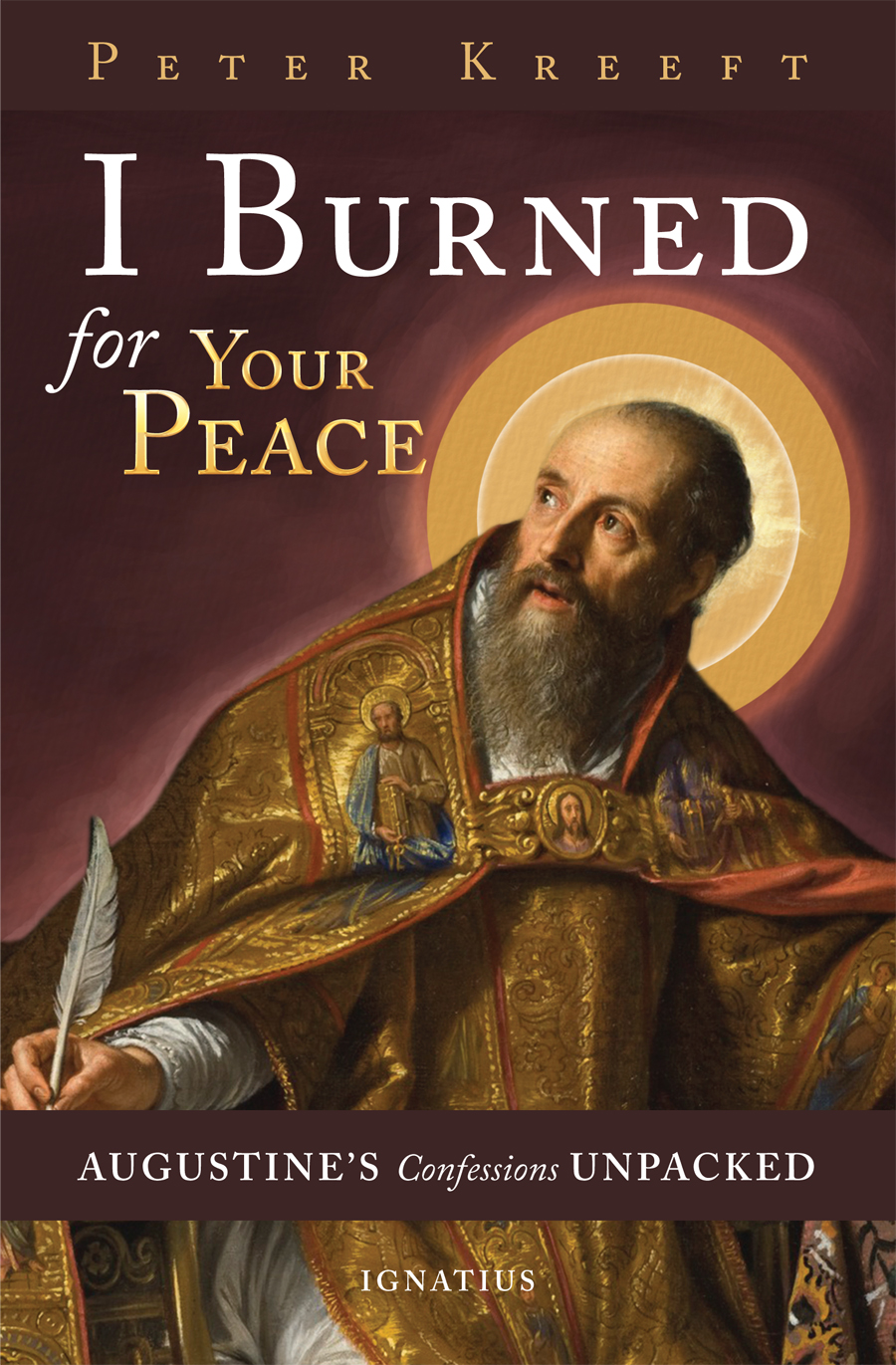

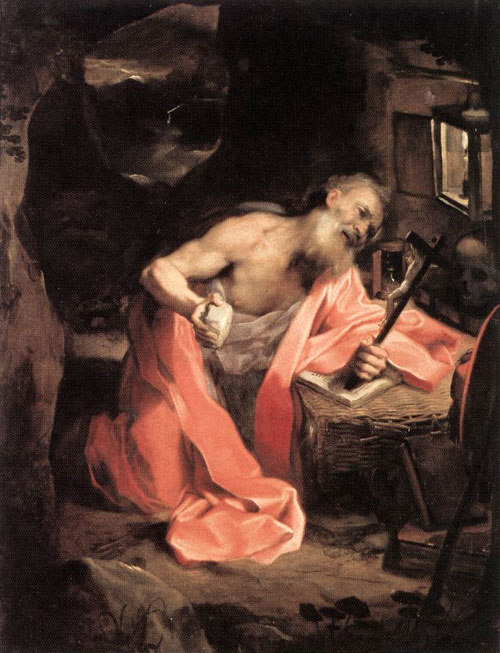
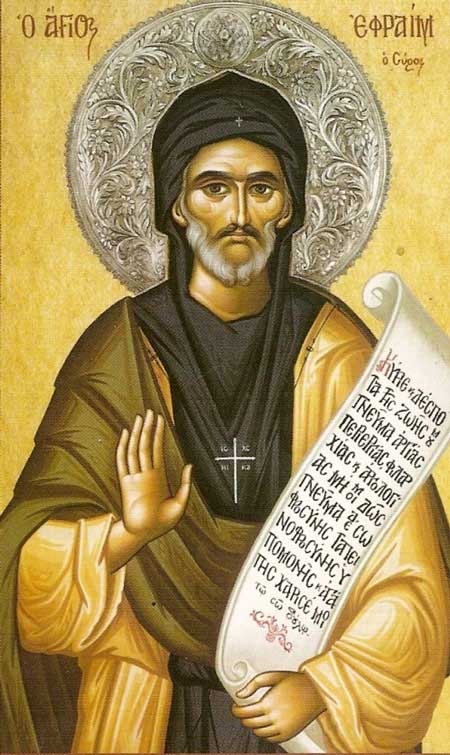
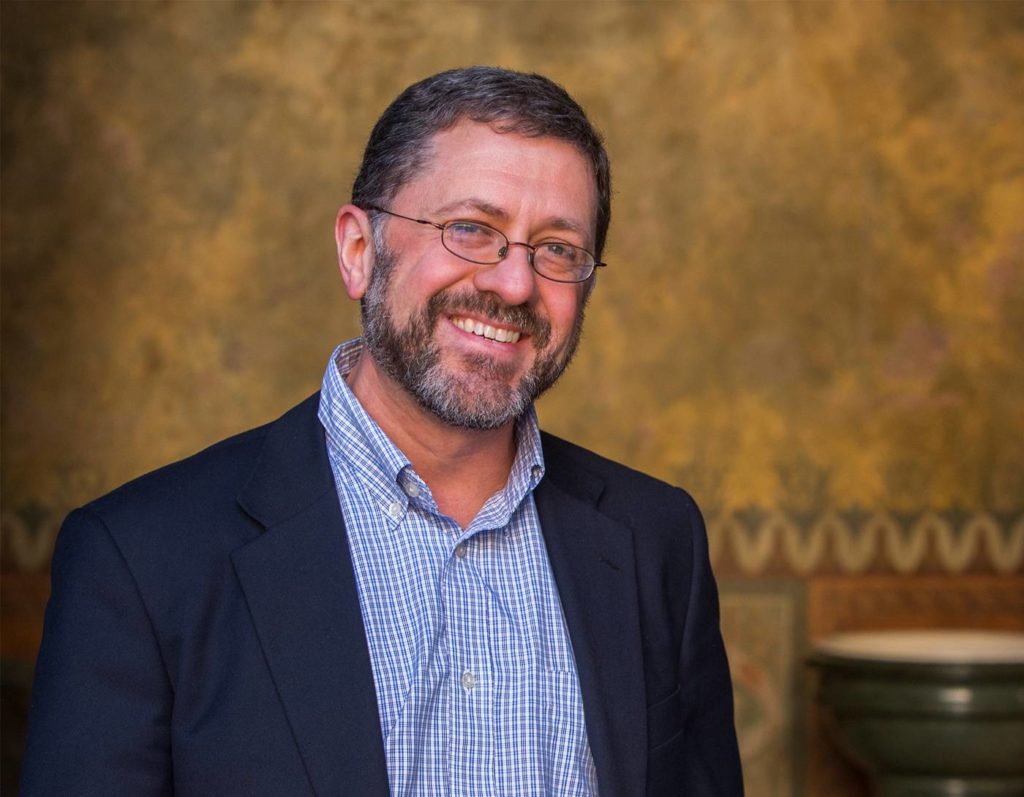 Episode 12 – Nestorius – “Villains of the Early Church: And How They Made Us Better Christians“was
Episode 12 – Nestorius – “Villains of the Early Church: And How They Made Us Better Christians“was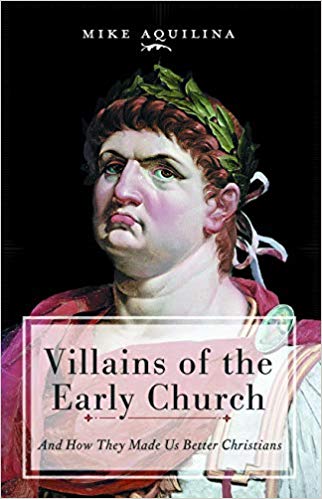
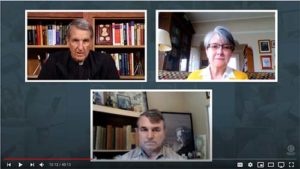 Why is there so much division in the Church? We begin to approach the question with help of Hans Urs von Balthasar’s book “A Short Primer for Unsettled Laymen”.
Why is there so much division in the Church? We begin to approach the question with help of Hans Urs von Balthasar’s book “A Short Primer for Unsettled Laymen”.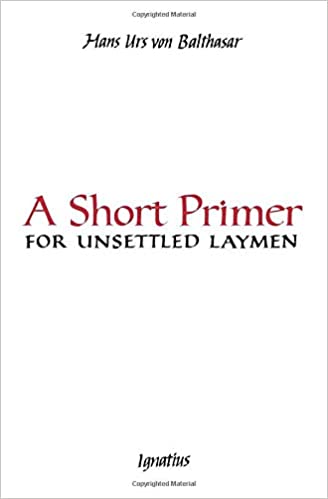

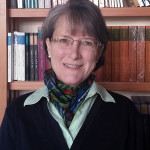


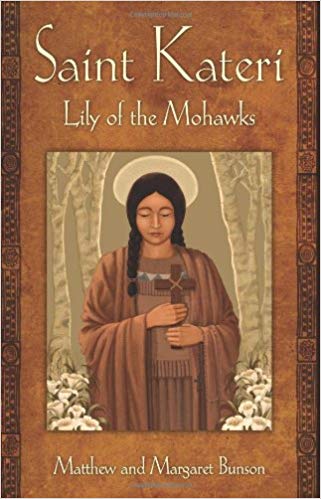
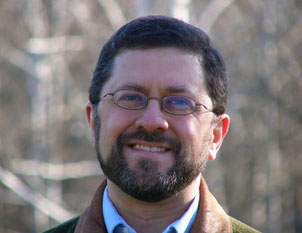 There’s nobody I enjoy spending Ash Wednesday with more than Mike Aquilina. Mike offers us rich insights on the practice of prayer, fasting and almsgiving from the perspective of the early church. He also helps us to see how we can concretely live out all three and further enrich our spiritual lives and help those around us to see Christ more fully in us and the Church. We like Mike! He’s awesome!
There’s nobody I enjoy spending Ash Wednesday with more than Mike Aquilina. Mike offers us rich insights on the practice of prayer, fasting and almsgiving from the perspective of the early church. He also helps us to see how we can concretely live out all three and further enrich our spiritual lives and help those around us to see Christ more fully in us and the Church. We like Mike! He’s awesome!